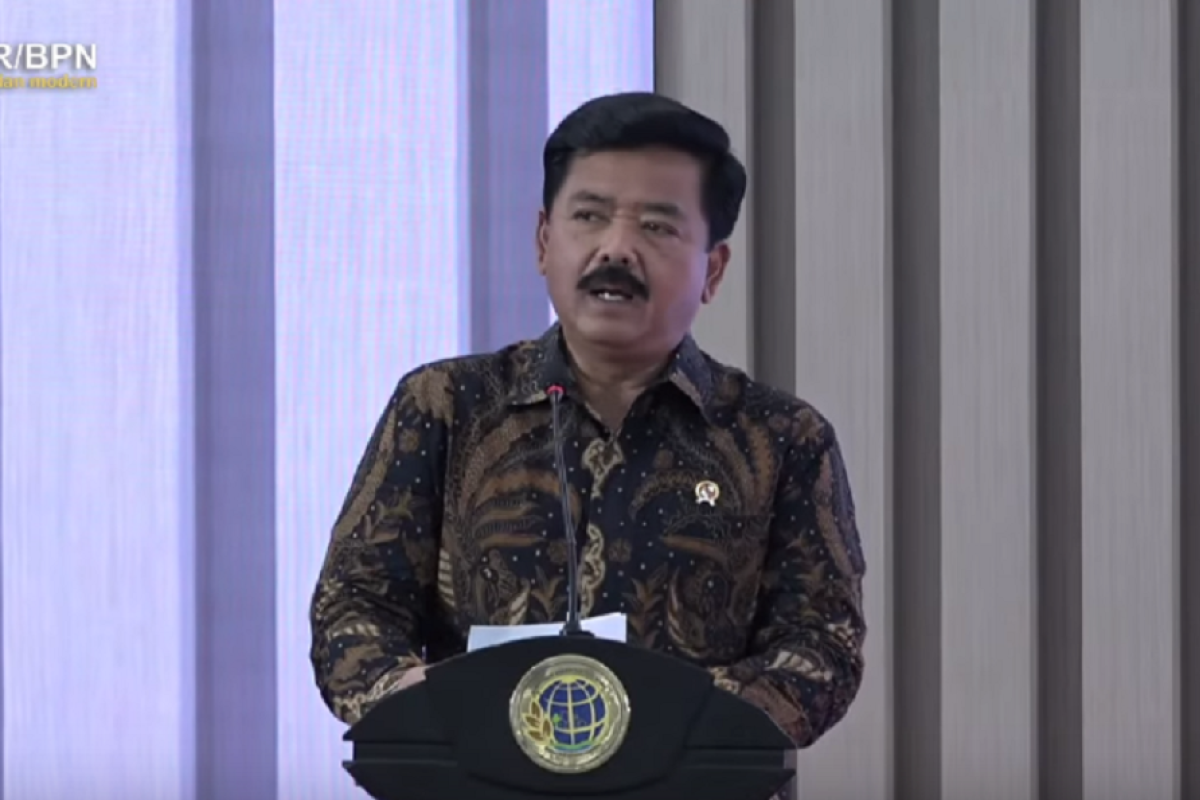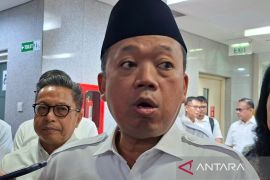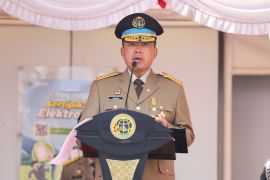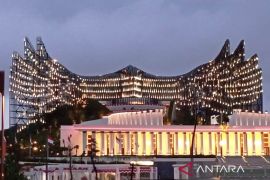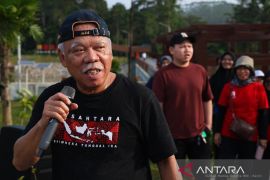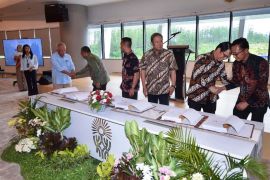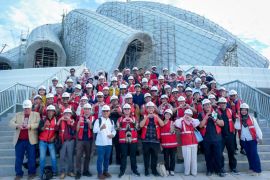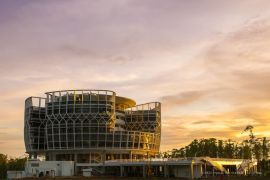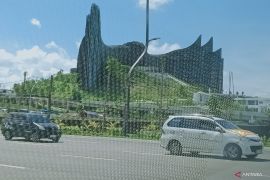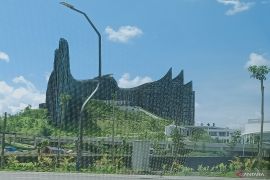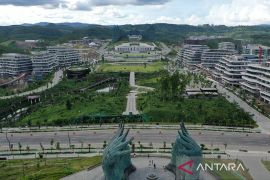"IKN is a combination and harmony between three schemes, that is IKN as a smart city, IKN as a forest city, and IKN as a sponge city," Tjahjanto remarked during the online seminar on Agrarian and Spatial Planning Day (Hantaru) 2023 that was held in Jakarta on Tuesday.
The minister further noted that as a forest city, green open spaces constitute 70 percent of IKN Nusantara, while the remaining 30 percent comprised buildings.
Meanwhile, IKN, as a smart city, is one that uses fuel sourced from new and renewable energy.
"Finally, IKN, as a sponge city, is how we can manage water resources as a sustainable resource, so that when we face the dry season, we can also use and benefit from the water," Tjahjanto remarked.
The minister expressed hope that the planning conducted in IKN Nusantara can also be emulated in other regions in Indonesia, including Jakarta.
"This is our wish for Jakarta to become a clean city without pollution," he remarked.
Tjahjanto also expressed hope that a solution would be found on how to make Jakarta a clean city through ways, including applying the concept of Transit Oriented Development (TOD) and realizing green open spaces that constitute 30 percent of the total area of Jakarta.
Based on Law Number 3 of 2022 concerning the basic principles of regional development in IKN, it is based on eight principles of IKN development that prioritize nature, technology, and environmental sustainability.
IKN planning is combined with a sustainable concept to balance natural ecology, the built environment, and social systems in harmony. Moreover, the basic principle of developing IKN is also to guard against the possibility of negative impacts of urbanization and extreme weather that can increase the risk of disasters, such as floods and water shortages.
Hence, the basic principle of developing the IKN area will combine three concepts or urban activities, i.e., IKN as a forest city, sponge city, and smart city.
Development of the IKN area and the three urban concepts cannot be separated from other partner cities around IKN and will not be successful without the support of the surrounding cities. Thus, the implementation of IKN as a forest city, sponge city, and smart city should prioritize harmonious cooperation with surrounding partner cities.
Related news: Indonesia invites China to invest in water infrastructure projects
Related news: Two groundbreaking events for private IKN investors this year: OIKN
Translator: Aji Cakti, Cindy Frishanti Octavia
Editor: Rahmad Nasution
Copyright © ANTARA 2023
